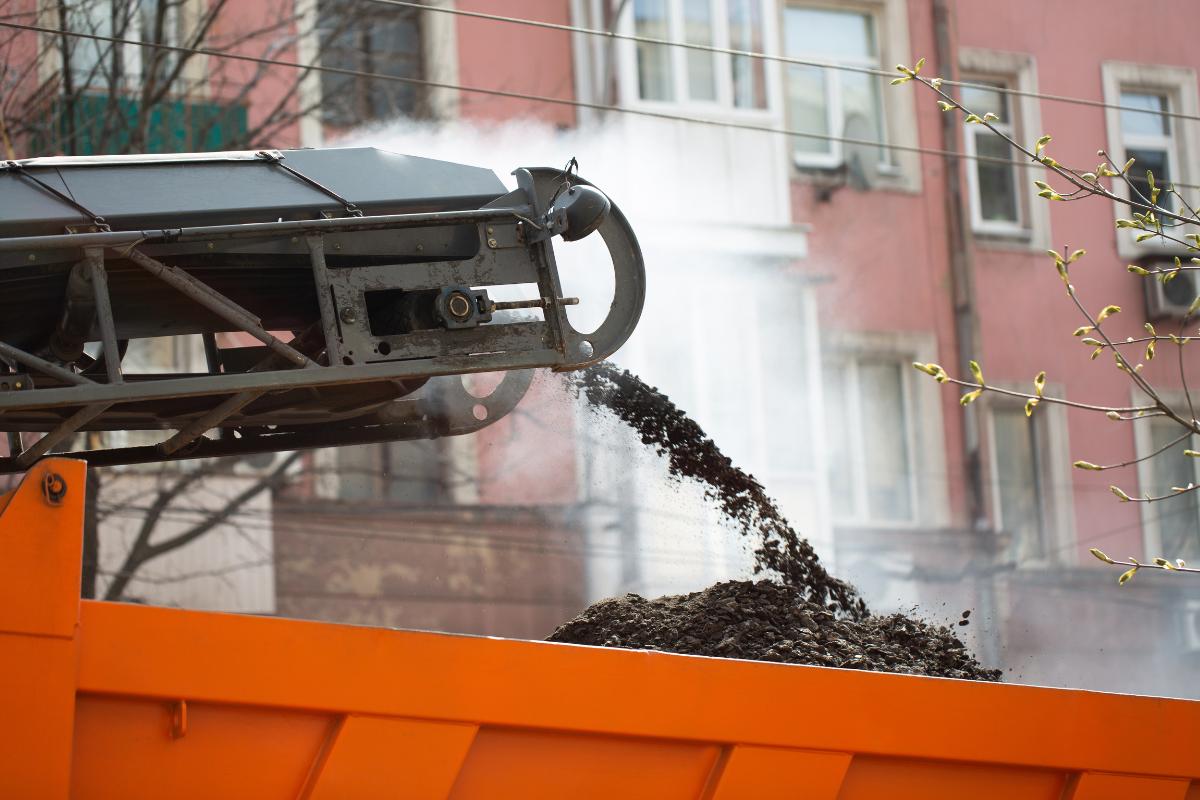Asphalt milling resurfacing in Savannah is a common solution for addressing road surface problems. It involves removing the top layer of damaged asphalt and replacing it with new material, creating a smooth and durable surface. This method is often used to fix issues such as cracks, potholes, and uneven surfaces that can cause accidents and frustration for drivers.
By utilizing this process, cities can save time and money on costly repairs or complete reconstruction projects. The benefits of asphalt milling resurfacing extend beyond just fixing cosmetic issues; it also helps improve driving conditions, reduce vehicle damage, and increase safety for drivers and pedestrians.
Keep reading to learn about the common road surface problems that you can solve with asphalt milling resurfacing.
Removes Surface Rutting and Raveling
Asphalt milling effectively grinds away rutted and raveled sections of roads. This process is crucial for preventing water from pooling in tire tracks. Removing the damaged top layer ensures that the surface is even and smooth, reducing the risk of hydroplaning. This is especially important in areas with heavy traffic, where water pooling can lead to accidents and unsafe driving conditions.
Rutting occurs when the road surface gets worn down by the constant weight and movement of vehicles. Raveling happens when the asphalt starts to break apart and lose cohesion. Both of these issues can cause serious problems for drivers, including loss of control and vehicle damage. Asphalt milling addresses these problems by creating a fresh, stable surface that can better handle the demands of daily traffic.
Correcting Surface Elevation Issues
Asphalt milling resurfacing in Savannah can adjust the elevation of the road to match bridge heights, curbs, and other infrastructure. This ensures a smooth transition and eliminates sudden height changes. When roads are uneven, it can cause vehicle damage or discomfort for drivers. By milling the top layer of asphalt, workers can create a level surface that aligns with the surrounding features.
Elevating or lowering the road at specific points is essential for maintaining a safe and efficient road system. When roads do not line up properly with bridges or curbs, abrupt changes in height can result, leading to potential hazards. Asphalt milling allows for precise adjustments, ensuring that all parts of the roadway are at the correct elevation.
Addressing Reflective Cracking
Removing the top layer of asphalt where cracks begin helps stop reflective cracking. Reflective cracking happens when cracks from lower layers move up to the surface. This type of cracking can make the road uneven and cause further damage. By milling the top layer, workers remove the part of the road that starts to crack. This provides a smooth surface for new asphalt to be laid down.
Asphalt milling creates a more uniform and durable road surface. Without cracks traveling from lower layers, the new surface lasts longer. This reduces the need for frequent repairs and keeps the road safe for drivers. Milling also helps save costs for city maintenance budgets since it prolongs the life of the road. Regular milling and resurfacing can maintain road quality and improve driving conditions.
We Offer Asphalt Milling Resurfacing in Savannah
At Griffin Contracting, we have years of experience providing asphalt milling resurfacing services in Savannah. Our team uses state-of-the-art equipment and techniques to ensure the highest quality results for all our projects.



